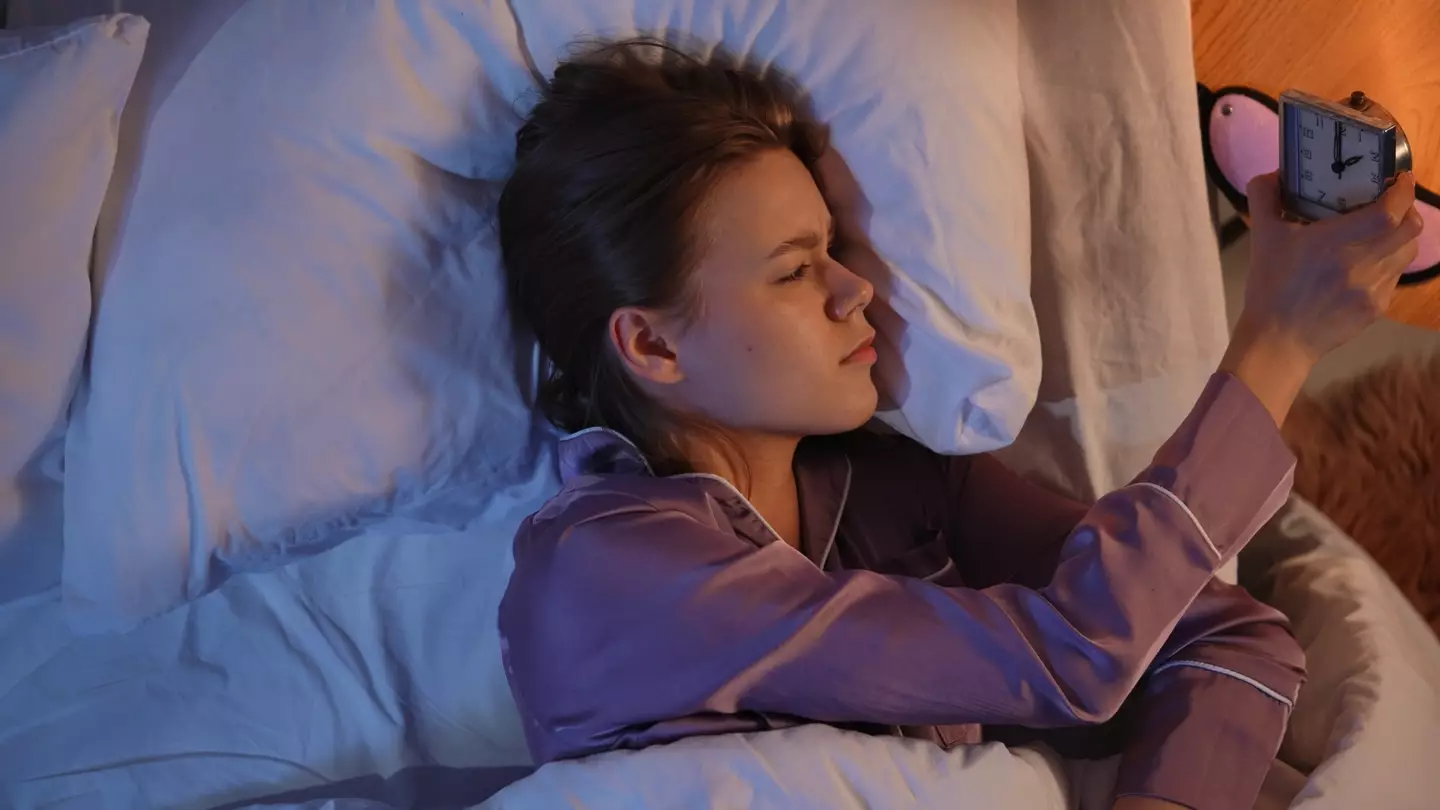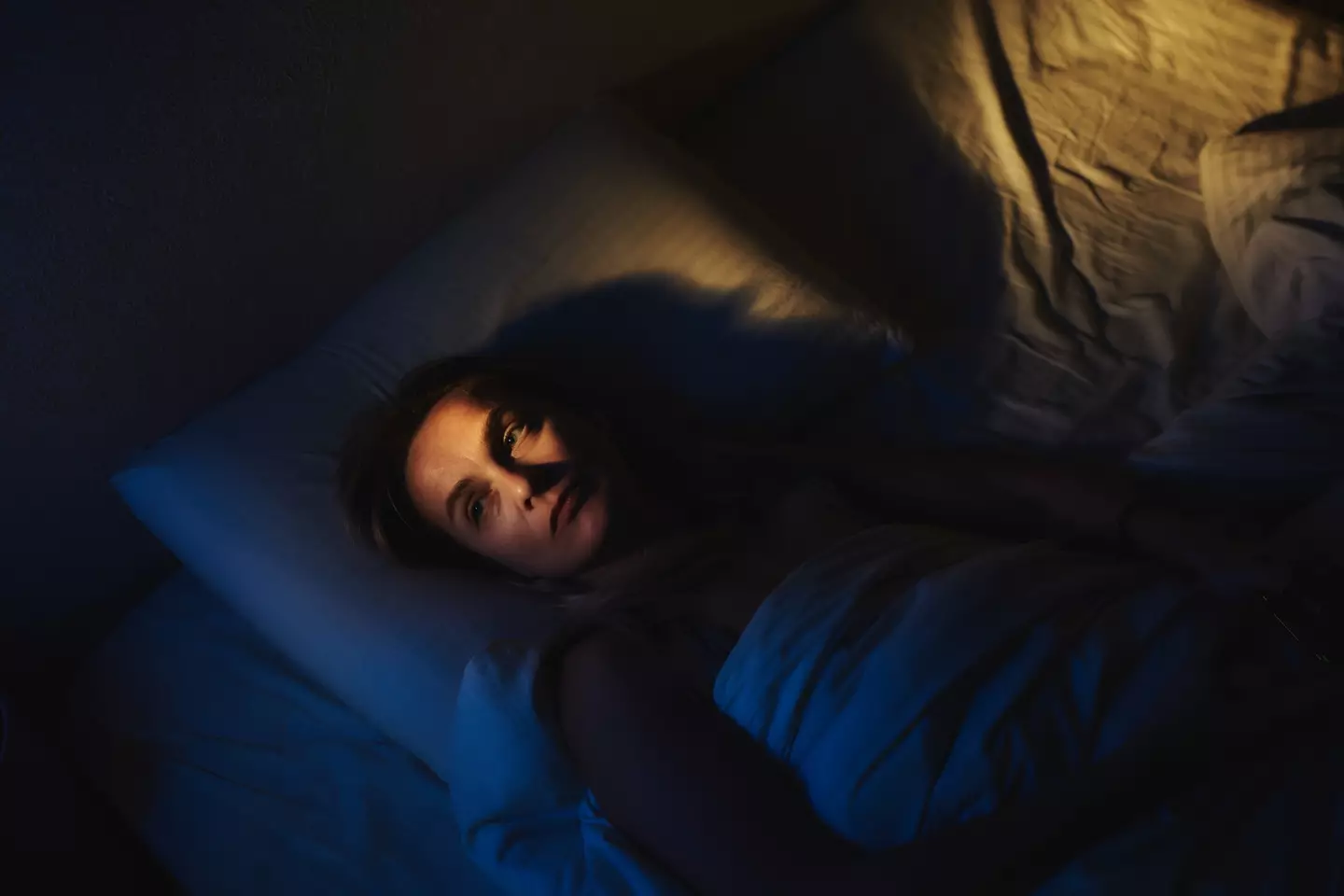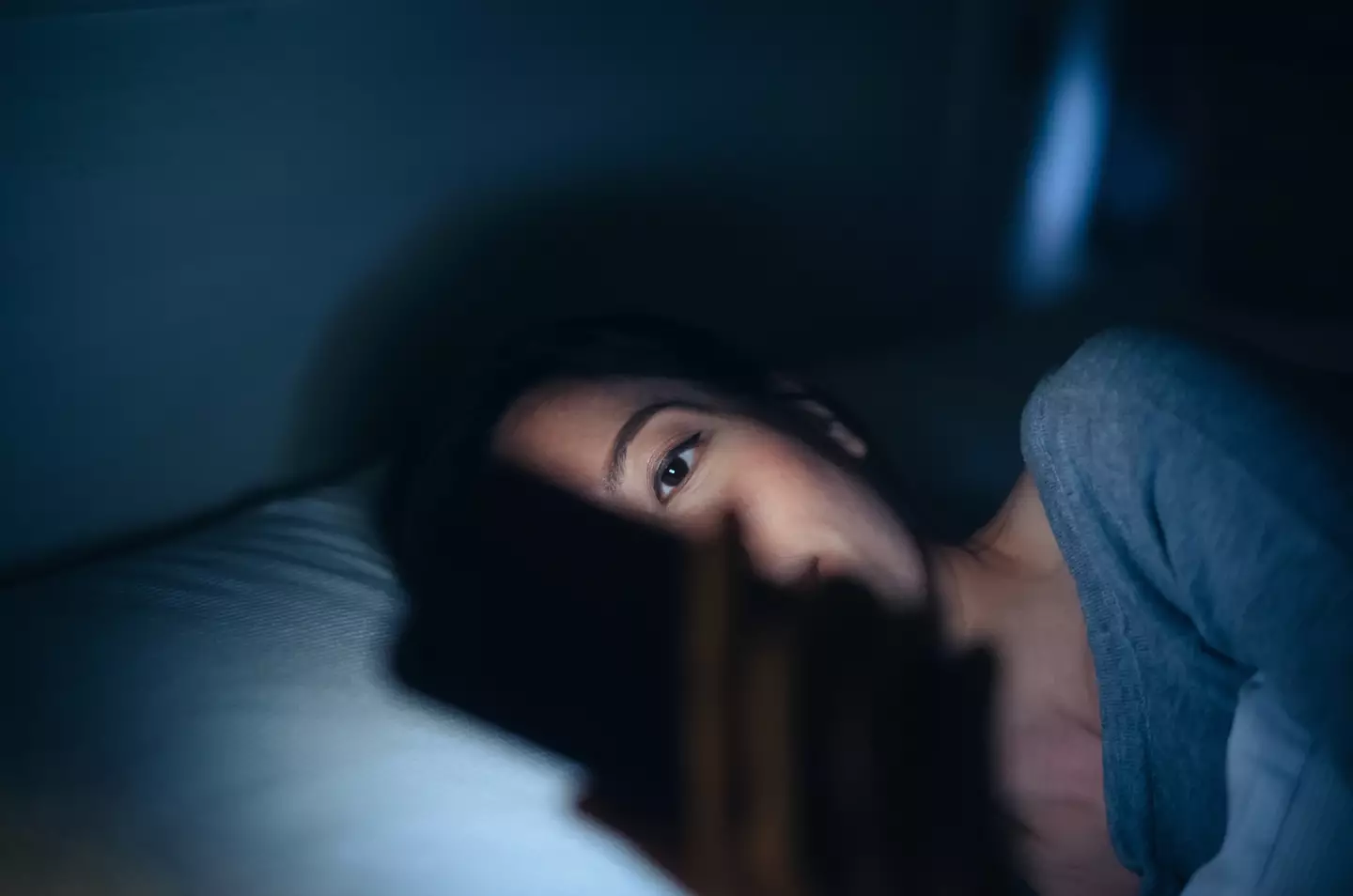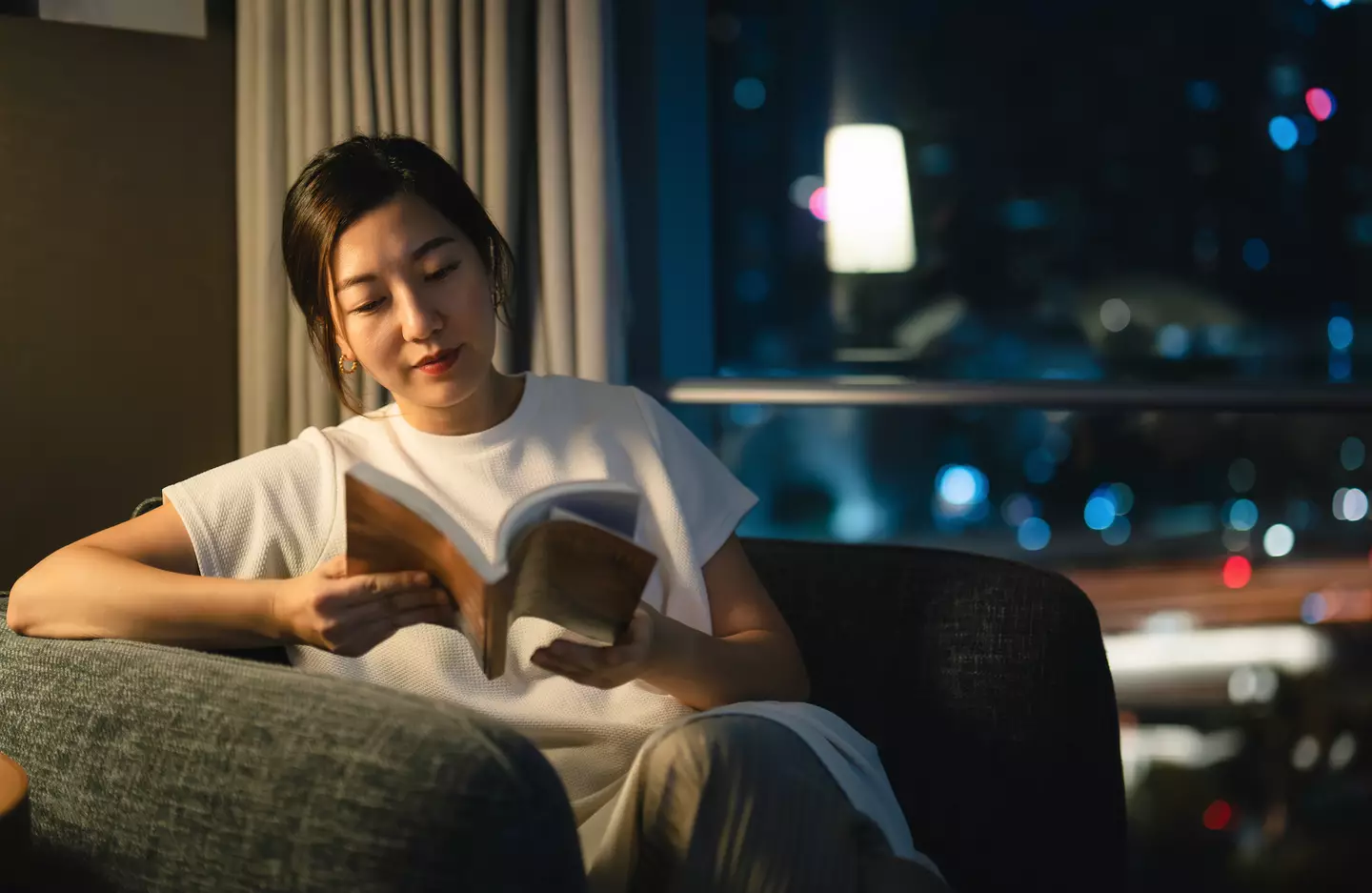
Doctors have issued a vital warning to anyone who inadvertently finds themselves wide awake in the early hours of the morning - specifically around 3am.
For many people, this unnerving phenomenon usually occurs hand-in-hand with the inability to drift back off to sleep again.
In an attempt to combat these factors, some sufferers have admitted to upping their exercise intensity in a bid to tire themselves out in time for bed, or making changes to the aesthetics of their bedroom to create a cosier ambiance.
Sadly, however, many claim their efforts are made in vain, and no matter how hard they try, they simply cannot regulate their sleeping pattern.
Advert
If we're describing you, while doctors don't dispute that the experience can prove extremely tiresome, they believe that there's a legitimate cause for this hell, being that it's a certified medical condition.

Experts at Harvard Health have used the term 'sleep maintenance insomnia' to describe the condition, which differs hugely from the traditional definition of general insomnia.
While the latter is used to diagnose individuals who struggle to fall asleep, sleep maintenance insomnia is used to describe people who, hours after first getting to sleep, are abruptly awakened for some reason.
And apparently, research has shown that women are more susceptible than men at developing this condition, especially those in their forties and fifties.
"For many reasons, women transitioning through midlife may be more vulnerable to sleep disturbances," Harvard experts explain. "Midlife is often a time of psychological stress: children may be leaving home, a partner may be lost through death or divorce, and roles may be changing at home and work."
Potential health issues - including chronic pain, mental health woes, or sleep disorders - have also been cited as possible causes.

Interestingly, however (and arguably, more frustratingly), Dr Karen Carlson, who works at Boston's Massachusetts General Hospital, also went on to suggest recently that sleep maintenance insomnia is simply something that comes with age.
This is due to the sad reality that our normal sleep cycles have proven to shorten over time.
"What sometimes happens is that women are going to bed early trying to sleep and then they wake up at 3 or 4am," she explained her advice on combating this issue with timings.
"And they're not really meant to sleep more than six or seven hours, but they're in bed early trying, and they awaken early."
According to medics at John Hopkins, even if timing the amount of hours you sleep could inflict more harm than good, 'clock blocking' could be a good means of putting your mind at ease.
This, for reference, is the ignorance of any clock or device that reveals the time.

"Turn your alarm clock to face the wall and resist the temptation to check the time on your smartphone," in-house sleep expert Luis F. Buenaver advised.
"Counting the minutes of missed sleep since waking up in the middle of the night increases stress and anxiety, which could delay your return to slumber.
"In addition, exposure to blue and green light from your clock, phone, tablet or computer can make you feel more alert."
He also suggested moving yourself away from the sleeping area if you ever find yourself struggling to drift back off to sleep.
"Sit in a comfortable chair in another room," the expert went on to advise. "Read a book, with just enough lights on so that you can see the print comfortably."
He added: "If your mind is racing (perhaps you’re going over a work presentation you’ll give in the morning or trying to solve a problem in your life), distract yourself by listening to quiet music or a recorded book for a few minutes. Don’t do anything stressful like working or paying bills.
"Doing this will lead your brain and body to associate your bed with wakefulness instead of with sleep. It can be difficult leaving a warm, comfortable bed after waking up in the middle of the night. But think of this step as an investment in better sleep—if not tonight then tomorrow night and in the future."
Topics: Health, Life, Real Life, Sleep, True Life, Mental Health